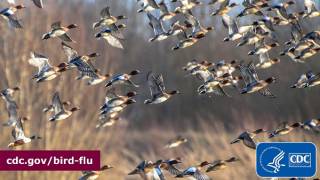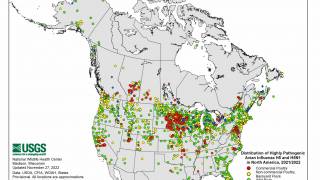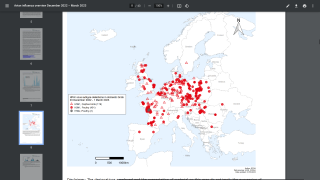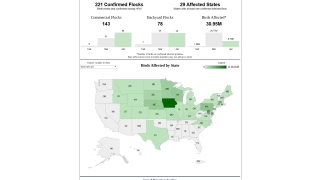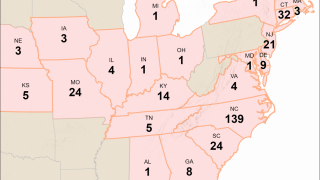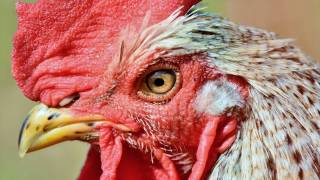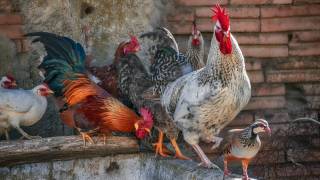Bird Flu Discovered in Tennessee
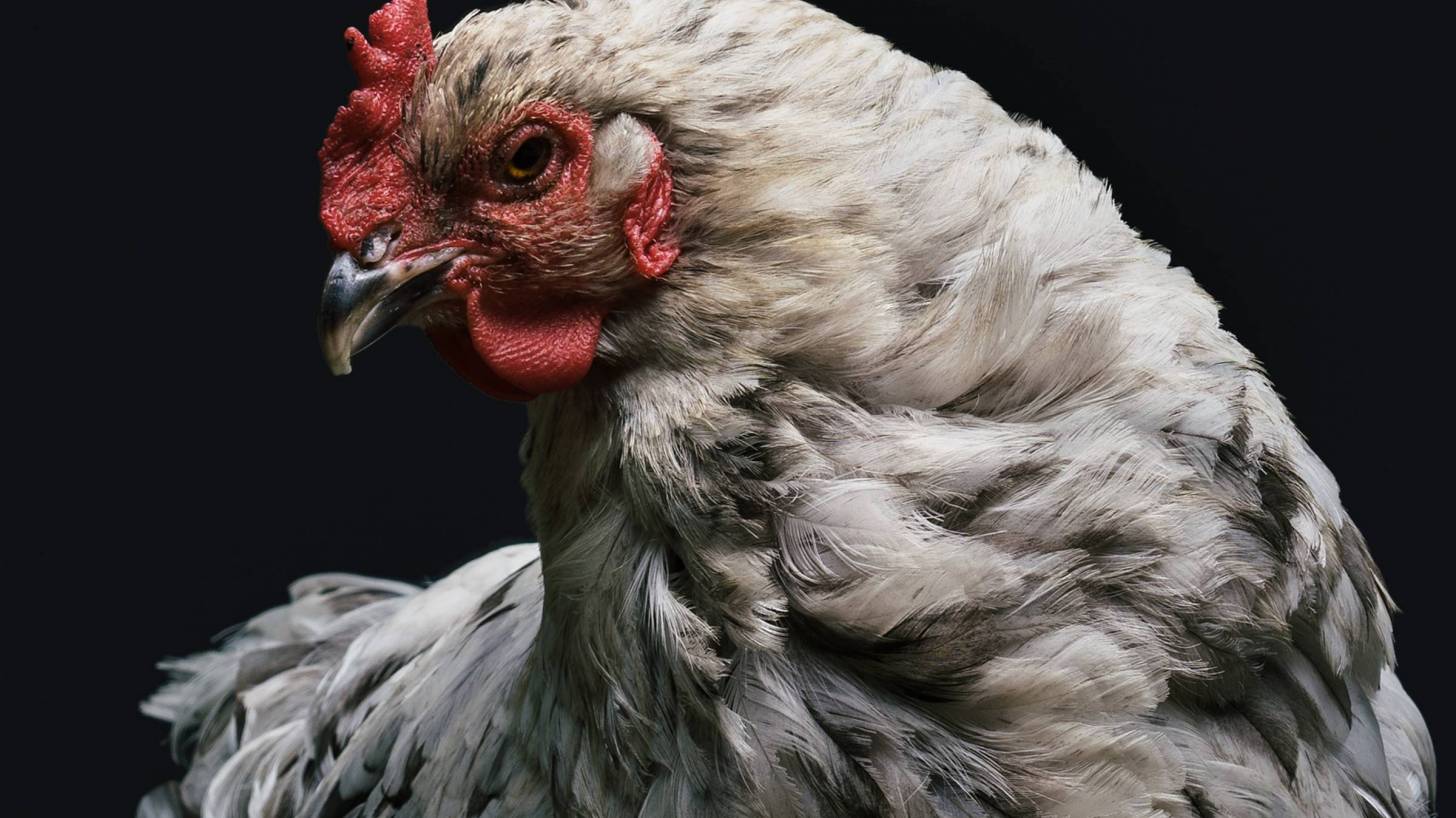
A strain of bird flu has been detected at a Tennessee chicken farm. According to reports, 73,500 birds will be culled at this farm to stop the virus from entering the food system.
The state veterinarian confirms that a strain of highly pathogenic avian influenza (HPAI) has sickened a commercial chicken breeder flock in Lincoln County, TN.
HPAI is known to be deadly for domesticated chickens and turkeys.
On March 3, 2017, a commercial chicken facility in Lincoln County alerted the state veterinarian’s office at the Tennessee Department of Agriculture to an increase in chicken deaths. Testing at state and federal laboratories confirmed the presence of H7 HPAI in samples from that flock.
The CDC currently recommends oseltamivir, peramivir, or zanamivir for treatment of human infection with avian influenza A viruses.
However, some evidence of antiviral resistance has been reported in HPAI Asian H5N1 viruses and influenza A H7N9 viruses isolated from some human cases.
The United States federal government maintains a stockpile of H5N1 vaccine. The stockpiled vaccine could be used if a H5N1 virus begins transmitting easily from person to person.
“Many Tennessee families rely on the poultry industry for their livelihoods, and the state is working closely with local, county and federal partners and the poultry industry to control the situation and protect the flocks that are critical to our state’s economy,” Gov. Bill Haslam said.
“Animal health is our top priority,” state veterinarian, Dr. Charles Hatcher, DVM said.
“With this HPAI detection, we are moving quickly and aggressively to prevent the virus from spreading.”
The facility is under quarantine, along with approximately 30 other poultry farms within a 10 kilometer radius of the site. No other flocks have experienced an increase in mortality.
HPAI does not pose a risk to the food supply. No affected animals entered the food chain. The risk of human infection with avian influenza during poultry outbreaks is very low.
In fact, no transmission to humans was reported during the outbreak that affected commercial poultry farms in the Midwestern United States in 2015.
Also, this is not the same strain identified in that outbreak.
However, out of an abundance of caution, officials with the Tennessee Department of Health and Tennessee Department of Agriculture are working together to address concerns about the health of individuals who are working on site or had contact with affected birds.
Prior to this HPAI case, the most recent U.S. detection was in January of 2016 in a commercial turkey flock in Indiana.
“Although this is a situation no state wants to face, Tennessee has been actively preparing to respond to HPAI since it was first identified as a threat,” Commissioner of Agriculture Jai Templeton said.
This is the first time highly pathogenic avian influenza has been detected in Tennessee, however low path avian influenza has affected Tennessee poultry flocks in the past. State officials and partners have extensive experience in effectively containing the virus.
Asian highly pathogenic avian influenza (HPAI) A (H5N1) virus occurs mainly in birds and is highly contagious among them. HPAI Asian H5N1 is especially deadly for poultry. The virus was first detected in 1996 in geese in China.
Asian H5N1 was first detected in humans in 1997 during a poultry outbreak in Hong Kong and has since been detected in poultry and wild birds in more than 50 countries in Africa, Asia, Europe, and the Middle East.
The plan for the control of avian influenza includes coordination of resources and response, and protocols for quarantine, testing, disposal, cleaning, disinfection and monitoring.
Our Trust Standards: Medical Advisory Committee









